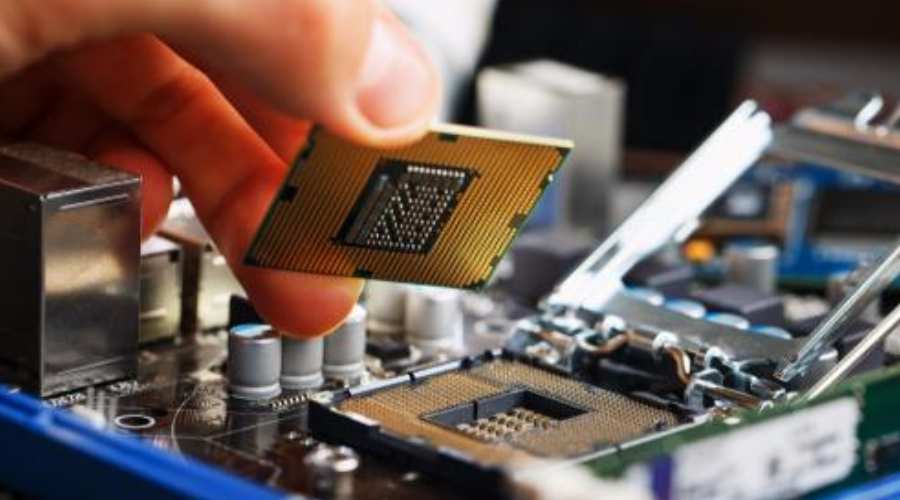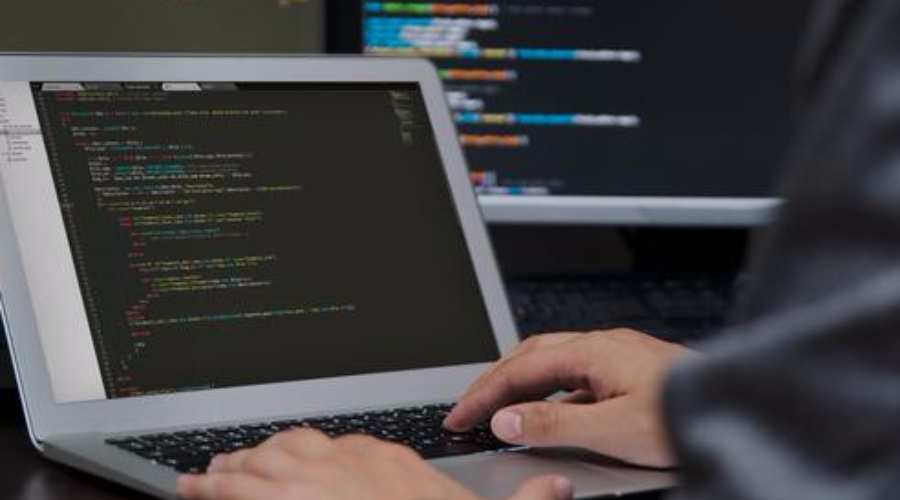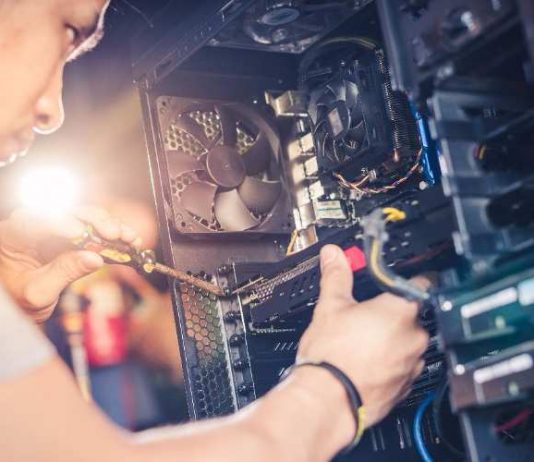There’s nothing worse than when your computer fails unexpectedly. You don’t get a chance to back up your hard drive or save the big PowerPoint project you’re working on. You’re infused with both terror and wrath, and you’re tempted to just smash your PC on the ground altogether.
But there are usually tell-tale signs that your computer hardware is failing even before the big break happens. You can get the same sort of signals from your car. For instance, your car makes a whining sound every time you turn the key in the ignition, and after a month your alternator “suddenly” fails. Turns out, it’s not actually that sudden.
Even when the signals aren’t noticeable, you can usually discern impending auto problems by having routine maintenance done on your vehicle. The same goes for your computer. Here’s how to tell if your computer hardware is failing.
Fans
Fans are used to keep your hardware from overheating. Overheating can happen even if your fan is working, but most of the time it’ll only happen if you’re running very intensive programs for a long span of time. If your computer is overheating even when you’re only running non-intensive programs, it might be a sign that your fan has failed.
When your computer overheats, your system might experience random crashes. You can feel the overheating too: just put your hand by the computer. If it’s warmer than usual, it’s probably overheated.
When a fan is running, you can usually hear it whirring. If you’re running intensive programs, you should be able to hear your fan running. If you don’t, your fan is most likely broken.
Unfortunately, there aren’t many obvious signs that your fan is dying. But pay attention to the sounds it makes—if it makes bizarre or irregular sounds, it might be worth looking into.
Hard Drives
Hard drive failure can do the most damage to your computer and all the files on it. Thankfully, it’s much easier to check on the health of your disk, and there’s a good chance you can save all your data. Your hard disk could suffer two kinds of failures: a logical failure or a physical failure.
A physical failure is when the actual hard disk fails. When the hard disk fails, you’ll hear a bunch of strange noises, like clunking and grinding and whirring. If your hard drive hasn’t yet crashed but you hear these sounds, it’s a sign that you should replace your hard drive and reinstall your operating system.
A logical failure is when your computer’s operating system fails. This could happen for a number of different reasons, from a computer virus to a software malfunction. It’s difficult to retrieve your data, but you might be able to do so through software data recovery programs.

CPUs
You’ll know that your CPU failed if your computer turns on, but:
- There’s no screen
- There’s a frozen screen
- The computer immediately turns off
Some users receive the dreaded “blue screen of death“, which is certainly a sign that the processor is at the root of the issue.
A processor could fail for several different reasons, including age, overheating, overclocking, or even because of an electrical surge. The best way to keep your CPU healthy is to make sure that you have a working fan and that you don’t push your computer beyond its limits.
It’s difficult to diagnose a CPU failure, but the best way to do it is to swap it out with a new CPU. If the new processor works, then the old CPU definitely failed. Otherwise, there might be an issue with the computer’s motherboard.
Monitoring and Stress Testing
If you run the Windows 10 operating system, you can routinely monitor the health of your computer hardware by using a desktop app called Performance Monitor. Performance Monitor runs diagnostic tests on various facets of your computer hardware to check for anomalies and potential problems.
You can also use third-party utilities like Prime95 to conduct stress tests on your hardware to make sure your computer is healthy and stable.

It might seem tedious to have to frequently monitor your hardware, but it’s much better than having to deal with hardware failures where your data could potentially get erased. Just take a few extra moments during your computer session to make sure everything is running okay, and you’ll be grateful for it in the long run.


